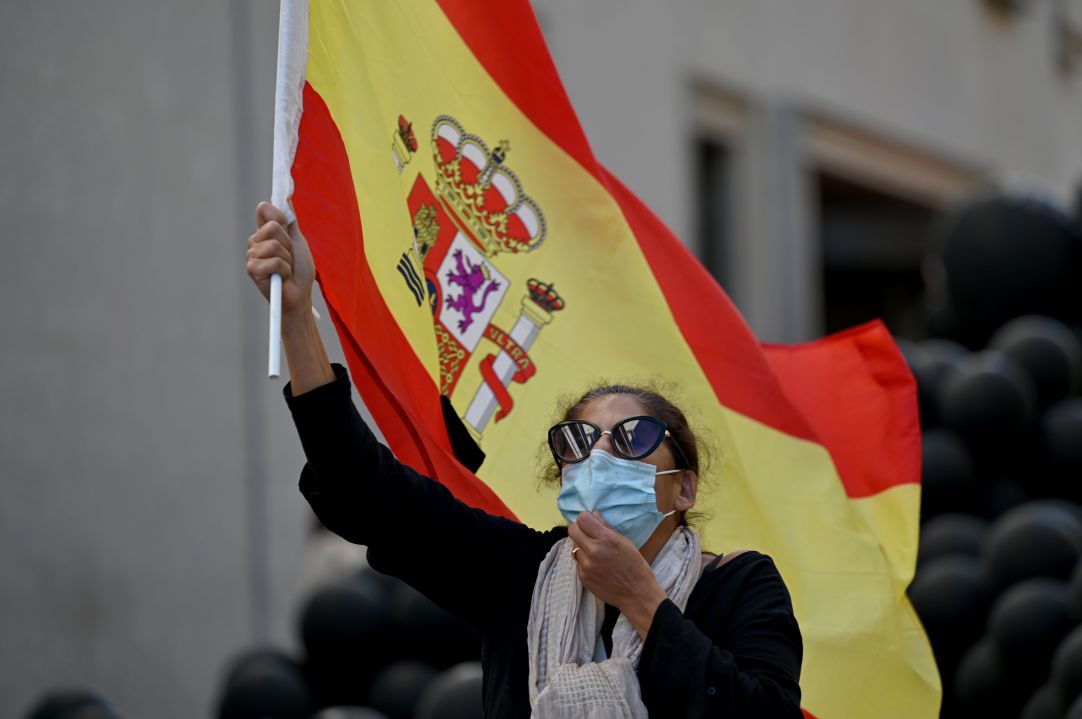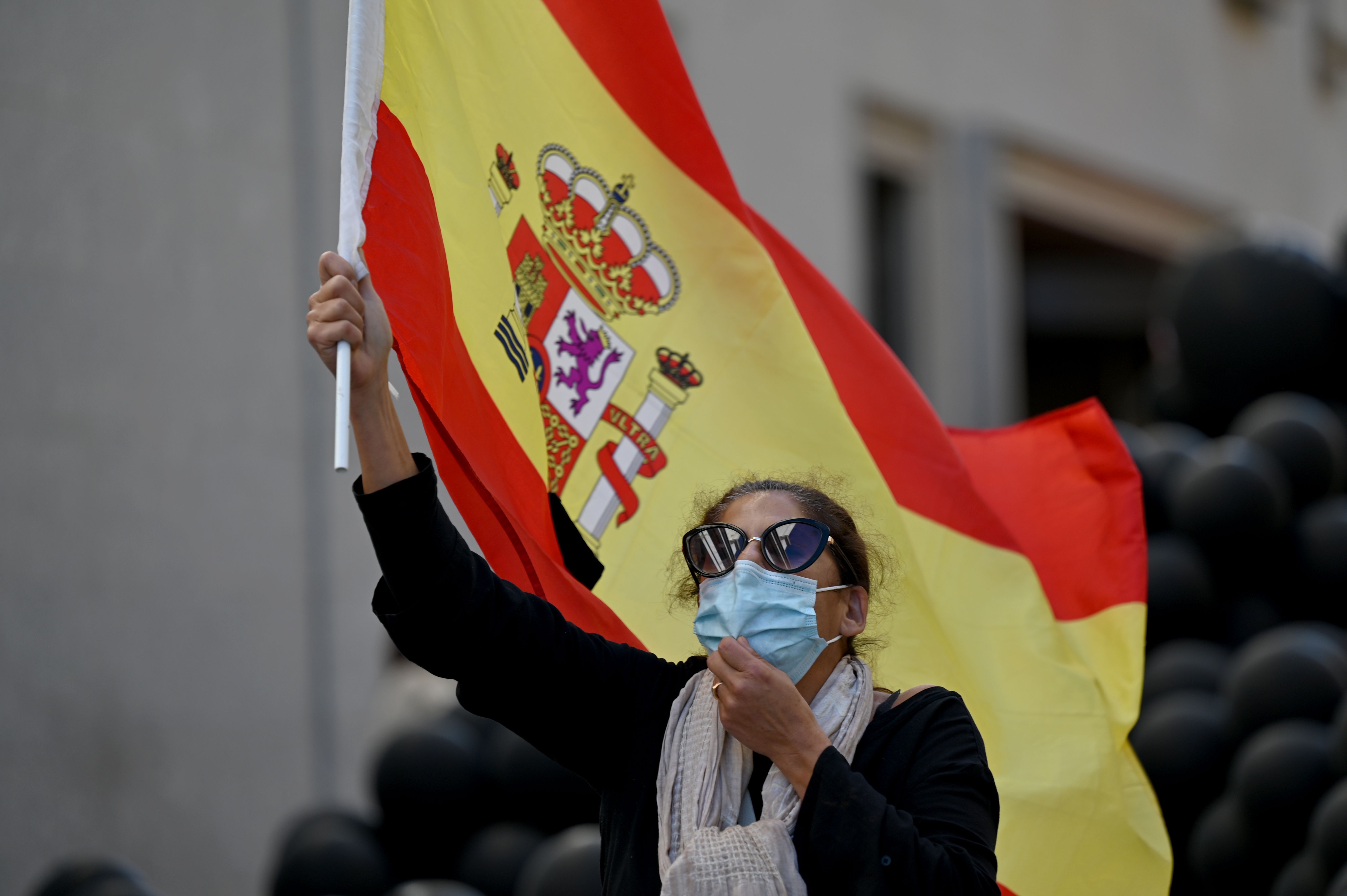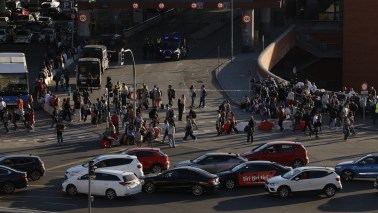Sancho Panza’s long-cherished ambition was to become a politician. He wanted to be installed as governor of an island; Don Quixote had led him to believe that this was the reward a loyal squire could expect to receive from the knight errant he had served.
Attractive opportunities to move into government increased dramatically for Spain’s latter-day Sanchos after the death of Franco; almost overnight one of Europe’s most centralised nations became a quasi-federal state with 17 autonomous communities. Each of these 17 regions has its own parliament and government and well-paid politicians. The head of the autonomous community of Catalonia, for example, has a salary of €153,000 (£138,500) a year and can look forward to a generous pension. Just the kind of thing Sancho had in mind.
Catalonia and the Basque country had already enjoyed self-rule before Franco’s dictatorship, but as Spain transitioned to democracy it was decided that this time there was to be café para todos (coffee for everybody): the whole country was divided up into regions with devolved governments.
The regional governments began to attract criticism for adding an unnecessary layer of bureaucracy
That raised the question of what to do with Madrid.

Britain’s best politics newsletters
You get two free articles each week when you sign up to The Spectator’s emails.
Already a subscriber? Log in







Comments
Join the debate for just £1 a month
Be part of the conversation with other Spectator readers by getting your first three months for £3.
UNLOCK ACCESS Just £1 a monthAlready a subscriber? Log in